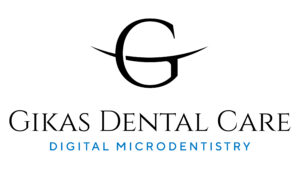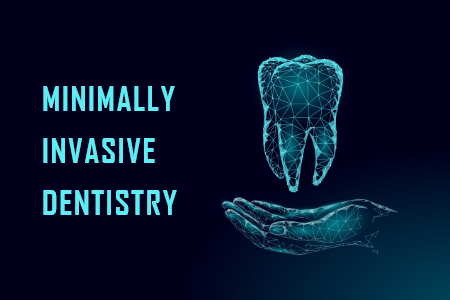Minimal intervention dentistry
Minimal intervention dentistry is a modern concept that allows dental procedures to be completed without removing more tooth substance than necessary. We apply state-of-the-art aesthetic techniques and biomimetic rules for minimally invasive cosmetic dental procedures. It is important for us to preserve a natural smile, to improve it when it has been slightly altered (cracks, signs of wear) or to repair defects with minimal loss of dental substance, at an early stage, to prevent denervation or extraction of the tooth.
Modern all-ceramic materials combined with bonding techniques to the dental tissues have significantly changed the management of tooth loss problems.Minimal intervention protocols can be used in a wide range of clinical situations, from simple and localized esthetic problems to complex problems of generalized destruction of dental barriers, due to bruiting and erosion, achieving minimal tooth grinding (prep-less) and veneers without any tooth grinding (non- prep). But even in the denervation process where the inside of the tooth is opened only as much as is necessary to preserve as much healthy tooth substance as possible, which is of enormous importance in the longevity of the treatment.The dental microscope helps a lot in the philosophy of minimal intervention as we manage to see details and stretches with great precision.
What you need to know
How is minimally invasive dentistry different from traditional dentistry?
Unlike traditional dentistry, which may involve more aggressive removal of tooth structure for restorative purposes, Minimally Invasive Dentistry aims to intervene at the first signs of dental problems and uses conservative treatments to preserve as much natural tooth structure as possible. teeth.
What are some common procedures in minimally invasive dentistry?
Common procedures include air scraping, which uses a high-pressure stream of tiny particles to remove decay, and the use of laser technology to detect and treat cavities. Sealants and preventive measures to arrest the progression of early dental problems are also an integral part of this approach.
Is minimally invasive dentistry right for all patients?
Minimally Invasive Dentistry is generally suitable for a wide range of patients. It is especially beneficial for people who prioritize keeping their natural teeth, want to minimize discomfort, and are proactive in preventing dental problems. However, the suitability of specific treatments may vary in individual cases.
Does minimally invasive dentistry compromise the effectiveness of treatments?
No, Minimally Invasive Dentistry does not compromise the effectiveness of treatments. In fact, it often leads to more conservative but equally effective results. Advances in technology and materials allow dentists to treat dental problems early, promoting tooth preservation and overall oral health.



